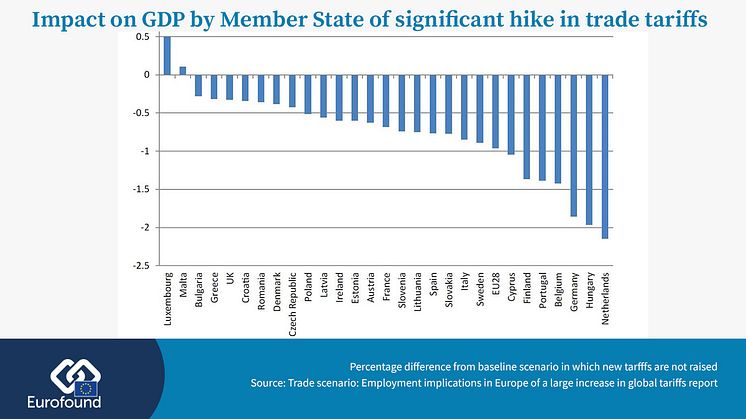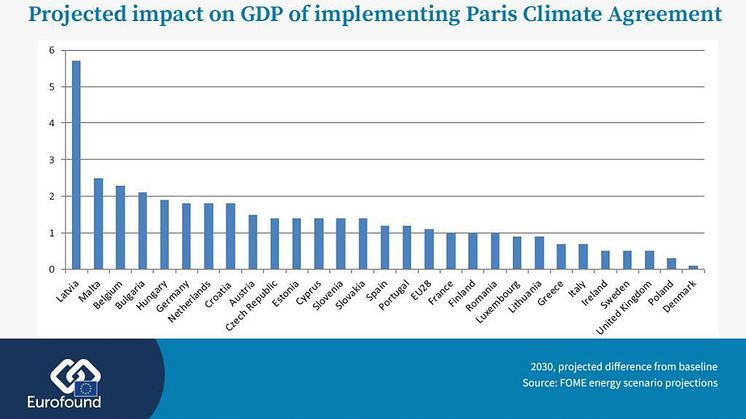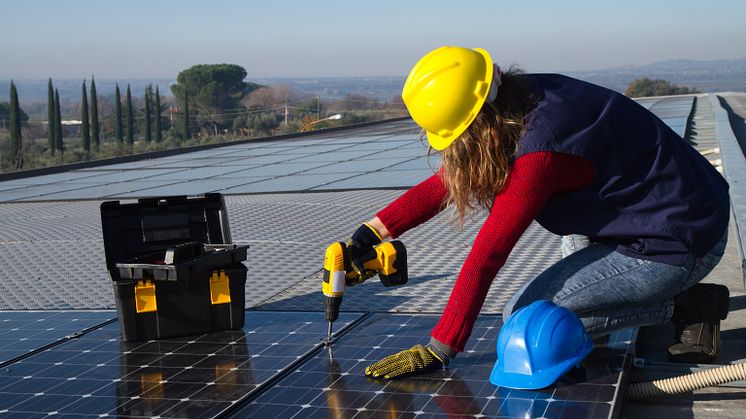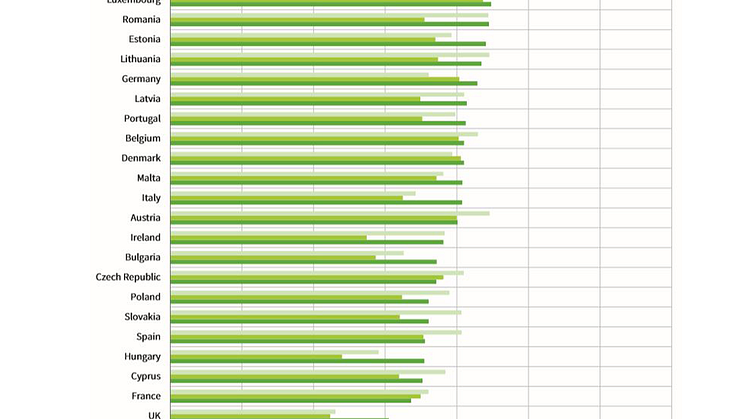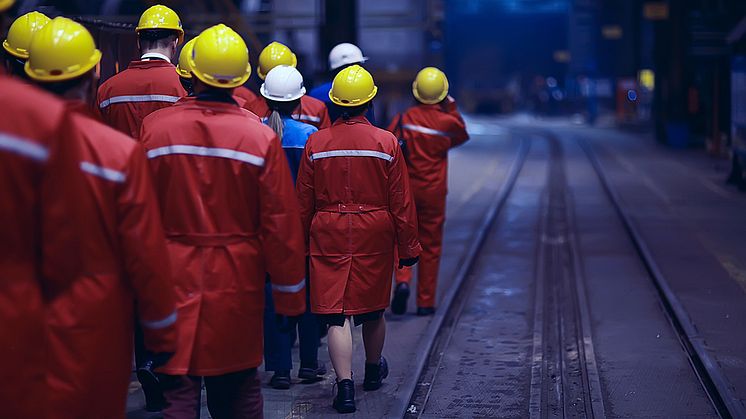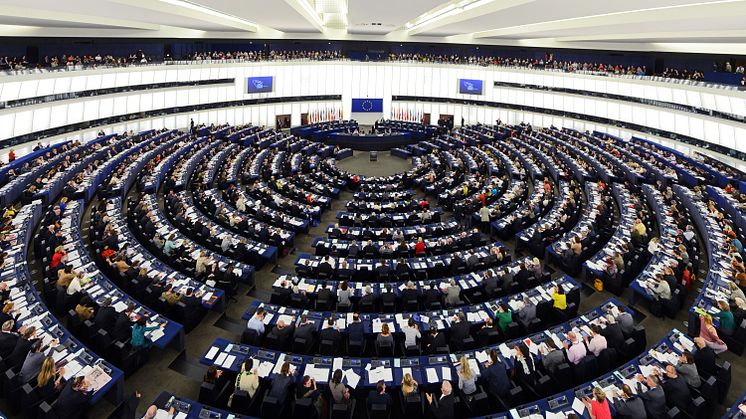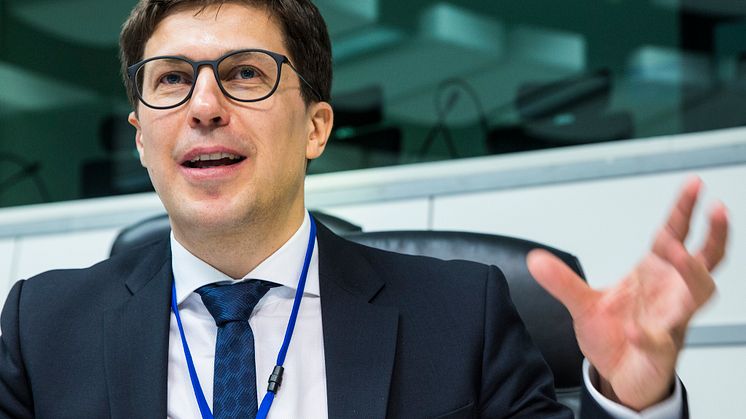Les salaires minima ont augmenté dans toute l'Europe, mais les travailleurs à bas salaires sentiront ils la différence ?
La plupart des États membres de l'UE ont enregistré des hausses de salaires pour les bénéficiaires de salaire minimum et les bas salaires, les salaires minimums et les bas salaires ont en effet progressé dans la plupart d'entre eux, du fait de l’augmentation des salaires minima légaux qui ont augmenté dans presque tous les pays depuis janvier 2018.












